Türkçesi için: BM Plastik Anlaşması sıfır taslağı bize ne anlatıyor?
*
This summer, we experienced several abnormal natural phenomena, including heatwaves, floods, wildfires, and hailstorms. As a result, public opinion has become increasingly convinced that action must be taken in response to the climate crisis. However, given the frequency of these disasters, the idea that we need to experience a catastrophe to comprehend the issues beyond the climate crisis (which, in fact, are part of the climate crisis, though comprehension may take time) is not unlikely. For instance, plastic pollution is still regarded primarily as microplastics discovered in diverse foods or human organs. Perhaps we should strike a balance between anticipating plastic raining from the sky and harming a select few and disregarding it entirely.
Nevertheless, plastic is a fossil resource that is central to a wider range of issues. This implies that we don’t have to wait for a plastic drum to fall on our head and injure us to take action. Opening a breach at any point along the ring will enable the resolution of this issue and facilitate a crucial stage. The “zero draft” of the plastics treaty, currently under negotiation by the United Nations, presents the opportunity to create such a breach. This could potentially be one of the most significant agreements to date. As previously mentioned, this agreement asserts itself as a globally binding treaty document on plastic pollution, including in the marine environment. Despite some in the plastics industry and affiliated groups denying the severity of plastic pollution, its urgency is comparable to that of the climate crisis. Currently, humanity produces about 450 million tonnes of plastic per year, which is the equivalent of using oil to produce 450 million tonnes of plastic per year (about 1.8 gigatons of carbondioxide equivalent). This production is predicted to triple by 2060. Therefore, it is crucial to have a legally binding agreement that mandates a reduction in plastic production.
The zero draft will be deliberated upon during the UN negotiations. It is anticipated that the negotiations will continue until 2025 and experts and representatives from approximately 150 countries are expected to attend. However, it is still in its preliminary stages and necessitates discussions for finalisation. The zero draft serves as a roadmap.
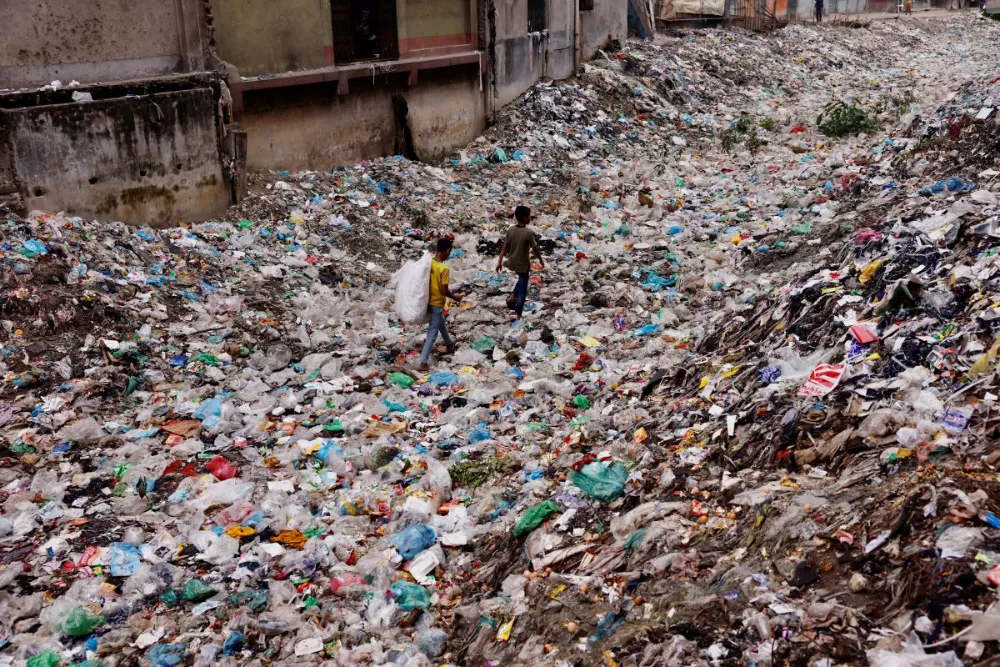
Fotoğraf: Mohammad Ponir Hossain / Reuters
There are two primary goals in the zero draft:
- Safeguarding human health and the environment from plastic pollution,
- Putting an end to plastic pollution.
Considering the positions of the countries, achieving these two ambitious goals may prove to be challenging due to the highly polarized atmosphere in which the negotiations are currently taking place. Although many countries are committed to achieving these ambitious goals, countries such as the US, Saudi Arabia, China, etc., which are small in number but large in influence, are trying to prevent the promises of the agreement to cover the entire life cycle of plastics from being included in the text. The US, in particular, appears to be eager for the plastic agreement to be nothing more than a façade, like the Paris Climate Agreement, which had no impact. Limiting plastic production is among the promises outlined in the zero draft.
However, the proposed plastics agreement, being in a format similar to the Paris Climate Agreement and lacking sanction power, may result in significant issues as it leaves the initiative solely to countries or regions. One key concern is the potential relocation of polluting industries from regions with strict regulations to countries with more lenient rules. This issue is not limited to the production of plastic raw materials, as a recent UNEP–Sistemiq report troublingly recommended chemical recycling and incineration of waste in cement kilns. Therefore, companies that pollute and seek to evade strict regulations may relocate their operations to countries in the Global South, particularly Türkiye, which is reluctant to enforce stringent rules, resulting in the emergence of pollution havens. Such risks may also result in catastrophic outcomes. The worst-case scenario would be a failure to reach a compromise, resulting in a diluted, entirely voluntary accord, which the member states are left to implement themselves. Furthermore, there is the risk of protracted negotiations lasting for years.
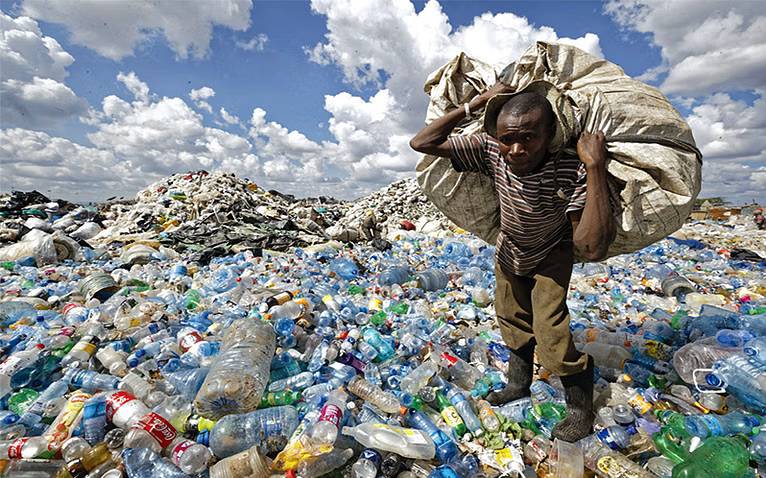
Fotoğraf: GK
The zero draft contains several different ‘options’ for the scope and characteristics of a global plastics treaty. For instance, the section on primary plastic polymer production outlines three options. The first requires countries to ensure that plastic production stays under a binding target defined in a future annex to the agreement. The second option involves a global target to manage and decrease overall production, along with national targets set by each country to aid in achieving this aim. The third option pertains solely to domestically established goals for managing and decreasing production. If the aspect of legal obligation is incorporated into the agreement, the initial option would hold the most potential. Nevertheless, as previously noted, countries such as the US have a serious position in favor of including the third option in the text of the agreement. While this stance may evolve, it is currently the prevailing one. Such is the level of influence that countries like the US wield within the industry and the UN that the zero draft text appears to reflect this position. Such is the level of influence that countries like the US wield within the industry and the UN that the zero draft text appears to reflect this position. For instance, some effective and specific actions with the potential to mitigate plastic pollution are unfortunately diluted into vague, voluntary statements that lack binding force, which will not aid in achieving our goal. This is the most noticeable flaw in this proposal. Nonetheless, it is only a preliminary version. The initial draft provides a significant opportunity to discuss globally coordinated bans that are well-structured and can be built upon. The existence of these discussions is a positive sign as it means we are not stuck debating rudimentary topics like the safety of plastic, adequacy of evidence, and benefits of recycling. In the zero draft, multiple options are presented, including the use of harmful chemicals in plastic production. These options consist of obligations to eliminate, minimise or regulate the utilisation of such chemicals. Furthermore, the section on problematic and avoidable plastic products covers short-lived and single-use plastic products, along with intentionally added microplastics (such as in cosmetics), and suggests different courses of action. For instance, one of the options suggests requiring countries to refrain from authorising the manufacturing and trading of harmful products listed in a forthcoming annex. The methods of implementation will be the topic of further discussions. A less stringent option requires countries to take necessary measures to regulate and reduce the production and sale of these products and, where appropriate, not to authorise them. This choice carries more risk than the previous one because the level of restrictions imposed by a country will depend on various factors, including international relations, corruption, and the influence of corporations on governments. Consequently, there is a possibility of generating a precarious region.
The zero draft is not without its good points. The initial draft has some positive aspects. It is worth highlighting the inclusion of the principles of transparency and traceability, which had been emphasized by civil society groups during the INC-2 process. The addition of this article in the draft shows promise, although its approval will depend on further discussions. Another promising heading is the unique mention of ghost gears! The treaty has established a crucial goal of tackling lost fishing nets, which are the one of the primary cause of plastic waste in the ocean. However, if the focus is solely on cleaning rather than addressing the root of the problem, it could result in a futile effort. This would pose a severe threat, akin to a mountain bringing forth a mouse.
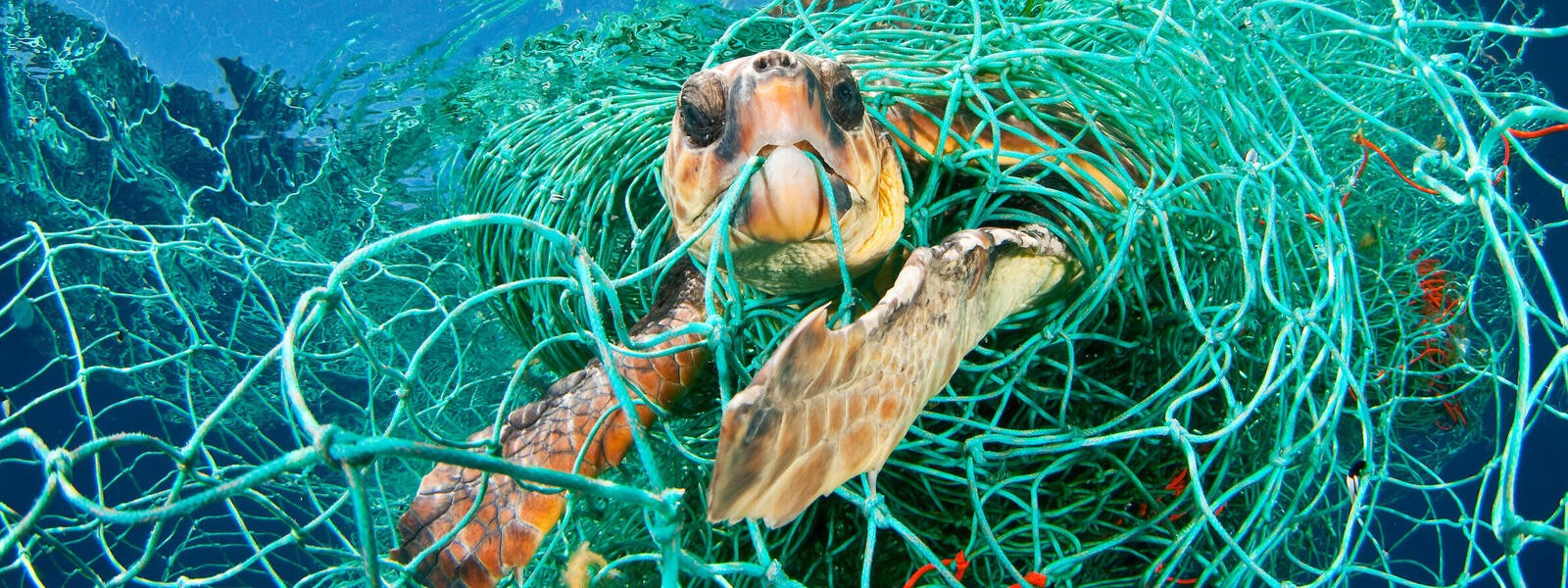
Fotoğraf: WWF
The zero draft serves as the foundation for deliberations at INC-3, which will be held in Kenya in November 2023, followed by INC-4 in Canada around May 2024. The meetings will probably concentrate on assessing the standards for deciding which chemicals and products to incorporate in the annexes of the treaty. Furthermore, the talks will involve ongoing efforts to outline precise limitations or phase-out targets. Throughout this phase, discussions will involve debates between countries advocating for strict targets with specific bans and phase-out goals (1) and countries opposed to enforcing controls on elements such as plastics production, hazardous chemicals and single-use plastics (2). As previously mentioned, the countries in the second group consist of the USA, Russia, Saudi Arabia and China.
However, it is worth noting that China is in favor of creating a stable financial system that offers funding for developing nations. While this initially appears promising, we must not disregard China’s recent neo-colonialist political stance. Remember, China is financing significant investments in fossil fuels across numerous nations, including Türkiye, in exchange for access to ports. Due to this, there exists significant Chinese movement specifically in Africa (mining, infrastructure, etc.), which divulges the reasoning behind China’s approach to the financial mechanism. India and China’s positions lack ambition, with their focus mostly on downstream measures such as waste management, and little attention paid to upstream measures. Türkiye’s position is similarly silent or opposed to upstream measures. The Turkish delegation was dominated by the narrative of “zero waste” and the amount of waste collected. It remains to be seen whether this will change, given the low profile of the negotiating committee. A significant change in the Ministry of Environment, which leads the process, has occurred. By attending the meetings, we will determine if this modification has influenced the formation of a negotiating committee that possesses expertise in the subject matter and is backed by scientific evidence, as the ministry lacks transparency on this matter.
The intention behind asking for opinion letters on the zero draft from many institutions while bypassing those who work on the subject academically, is revealed to some extent. Because, do not consider what I refer to as institutions, as most of the institutions whose opinions are sought are biased towards industrialists or industry-focused interests. Therefore, it is apparent that a simplistic slogan akin to “plastic does not belong in nature, but plays a significant role in our daily lives” could serve as a prominent narrative for Turkish delegates due to the industry’s impact on the delegation. Putting jokes aside, the plastics industry in Türkiye adopts an aggressive stance that aligns with this elementary-level idea. It is possible that they may also exert influence within the negotiating committee. The probable approach is by appointing industry consultant academics in the field. In fact, representatives from the global plastics industry share a comparable perspective. Assuming ours will be any different would be naive.
The zero draft is expected to undergo a year-long process before it becomes a final text. The process will culminate in a conference where representatives from various countries can sign it in mid-2025. We will provide further information on this matter over the next few weeks.

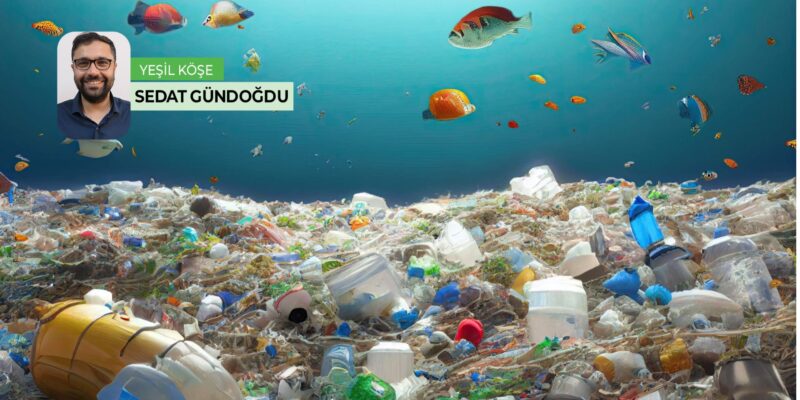




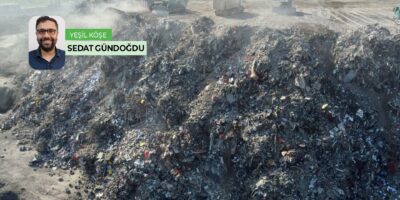
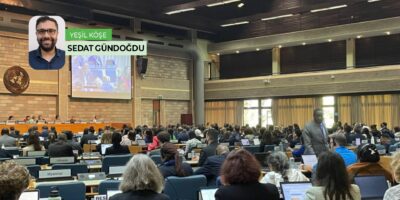


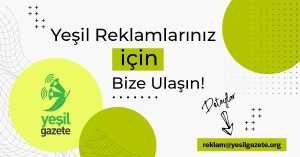

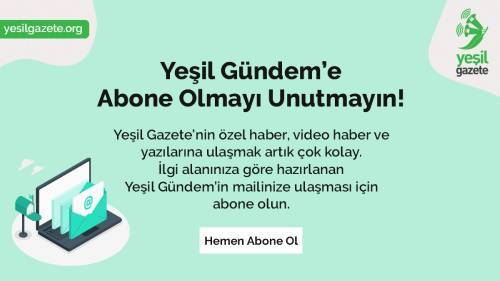
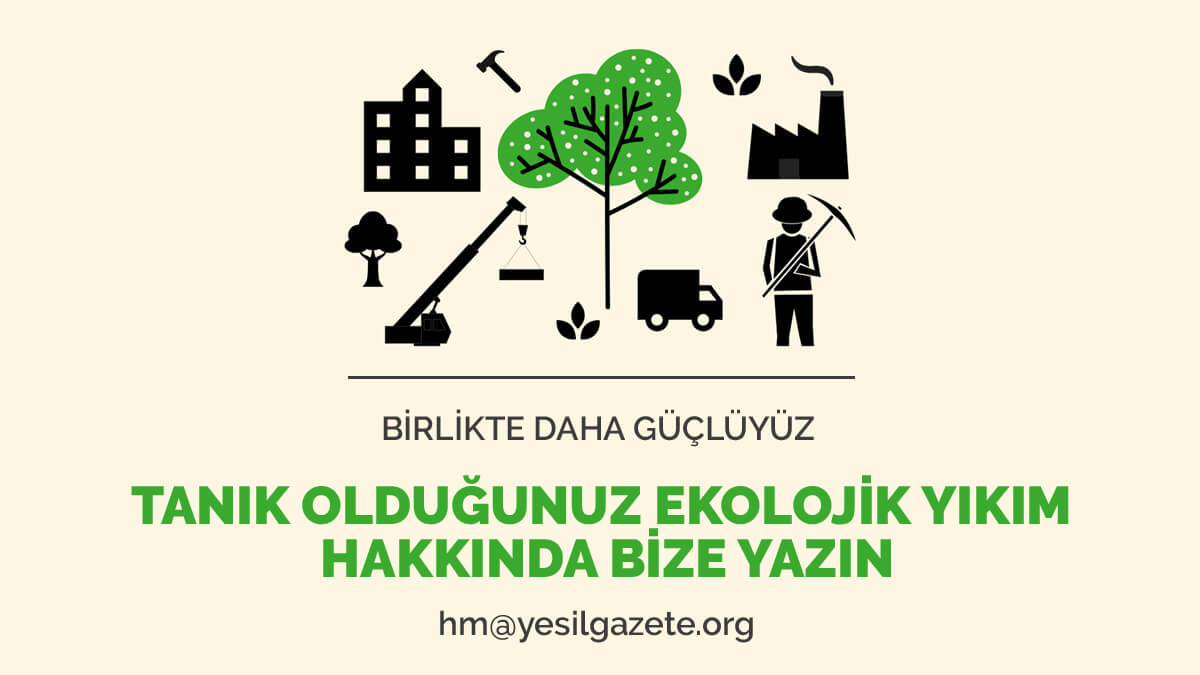

Comments